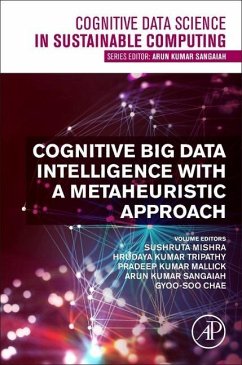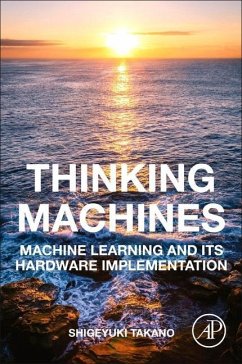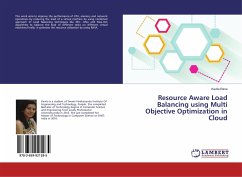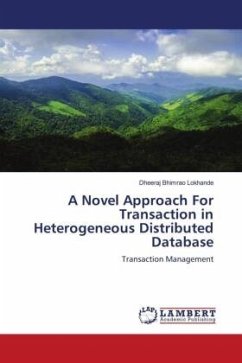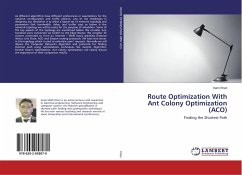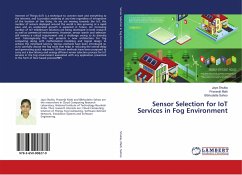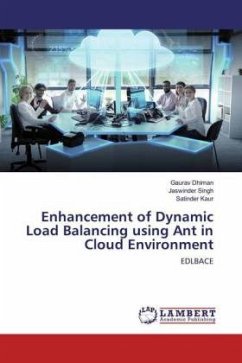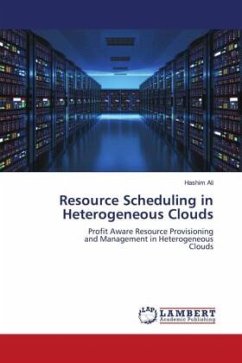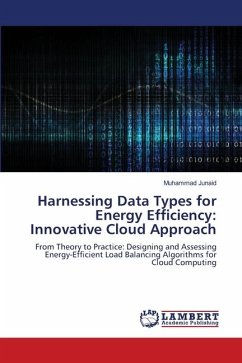
Harnessing Data Types for Energy Efficiency: Innovative Cloud Approach
From Theory to Practice: Designing and Assessing Energy-Efficient Load Balancing Algorithms for Cloud Computing
Versandkostenfrei!
Versandfertig in 6-10 Tagen
64,99 €
inkl. MwSt.

PAYBACK Punkte
32 °P sammeln!
Maintaining accuracy in load balancing using metaheuristics poses challenges despite recent hybrid approaches. Optimized metaheuristic methods are employed to balance loads in the cloud efficiently. Multi-objective Quality of Service (QoS) metrics like reduced SLA violations, makespan, high throughput, and low energy consumption are crucial. Cloud applications, being computation-intensive, demand effective load balancing to prevent poor solutions due to exponential memory growth.To enhance load balancing in cloud computing, a new hybrid model is proposed, performing file classification using F...
Maintaining accuracy in load balancing using metaheuristics poses challenges despite recent hybrid approaches. Optimized metaheuristic methods are employed to balance loads in the cloud efficiently. Multi-objective Quality of Service (QoS) metrics like reduced SLA violations, makespan, high throughput, and low energy consumption are crucial. Cloud applications, being computation-intensive, demand effective load balancing to prevent poor solutions due to exponential memory growth.To enhance load balancing in cloud computing, a new hybrid model is proposed, performing file classification using Filetype formatting. Three algorithms-Ant Colony Optimization using Filetype Formatting (ACOFTF), Data Format Classification using Support Vector Machine (DFC-SVM), and Datatype Formatting DFTF/DTF-are developed.Overall, the proposed hybrid metaheuristic approaches offer promising solutions for enhancing load balancing in cloud computing environments.





